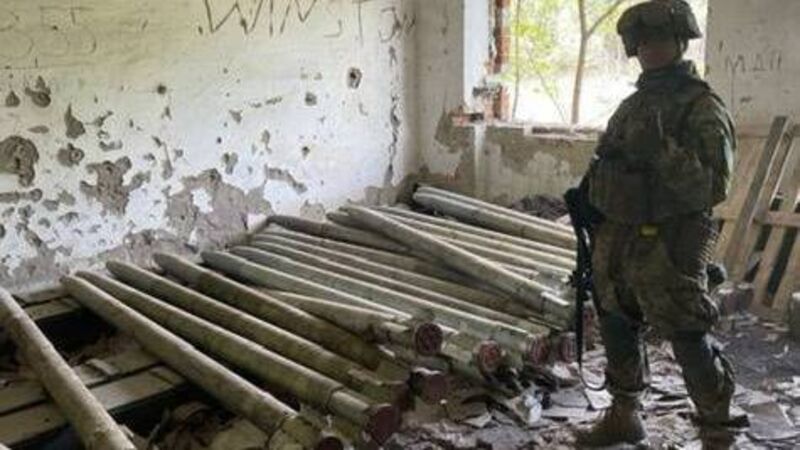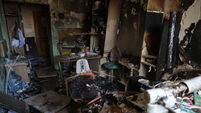'It was just miserable' - Irish mum recalls torment of not hearing from son on Ukraine's frontline

Instead of providing medical assistance to Ukrainian soldiers Bailey Patchell (pictured) ended up joining the International Legion for the Territorial Defence of Ukraine.
An Irish mother whose son gave up his counselling course to serve on the Ukrainian frontline has admitted that she feared he was dead when he failed to contact her for nearly four days.
Bailey Patchell and two other Irish volunteers travelled to Ukraine earlier this year with the intention of carrying out medical assistance. Instead they ended up joining the International Legion for the Territorial Defence of Ukraine.













